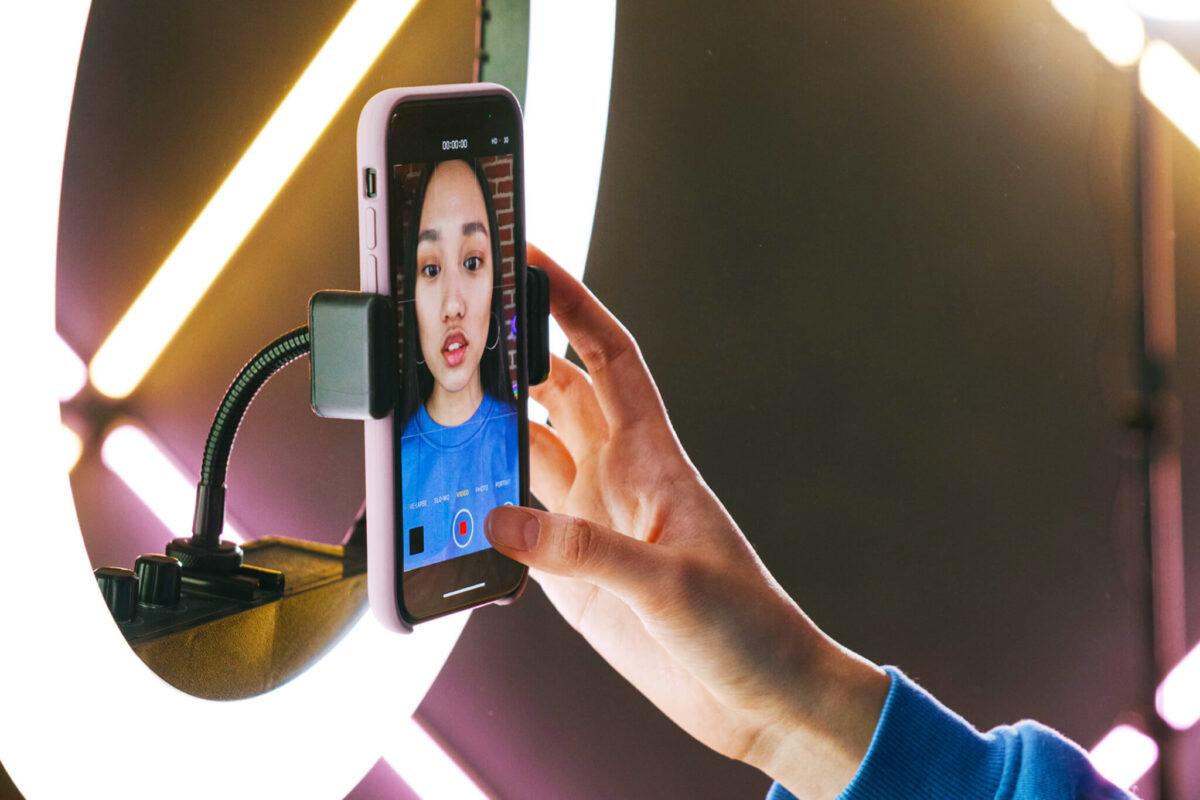The FTC just released proposed changes on how endorsement deals for influencer and brands should work. As social media has evolved, the FTC is seeking to ad more clarity to ad placements in TikTok, Facebook, and YouTube. If you’re a influencer, here’s the quick version we could come up with last night.
The FTC Endorsement Guidelines 2023 Changes for Influencers
The Federal Trade Commission’s (FTC) 2023 Revised Endorsement Guides provide a comprehensive FAQ for influencers to navigate the complex legalese. Here is a human readable check list of the changes for influencer endorsements. Our lawyers recommend we remind you: This is #notlegaladvice.
Here are 12 key points influencers need to know:
- Visible Disclosures: Simply adding #ad in the caption of a TikTok or Twitter video isn’t enough. The disclosure needs to be overlaid in the video itself, ensuring it is clearly visible to all viewers. The same is true for Facebook. Adding a disclosure in the comments for a Facebook post is not enough. The disclosure must be in the main content of the post itself.
- The disclosure must be in the main social media content of the post. Tagging the brand is not enough.
- Unexpected Connections: If people watching an endorsement don’t know or expect a connection between the influencer and the brand, that connection needs to be shared. For example, some influencers are so famous for working with a certain brand that almost everyone knows about it (Page 30).
- Sometimes its implied. Think Logan Paul and Prime.
- Endorsements through Marketing Programs: If someone joins a program where they get free products from different brands and write reviews about them, their positive review is seen as an endorsement. This is because they have a connection to the brand through the program (Page 49).
- Unsaid Recommendations: If an influencer who is paid to talk about a product seems to enjoy it during a live stream, this is seen as a recommendation and counts as an endorsement (Page 49).
- You’ll likely want to disclose which energy sponsored your next all nighter Kick or Twitch stream.
- Clear Language: If an influencer is paid to talk about a product on social media, they need to clearly share their connection to the brand. If they only share this on their profile page, it’s not clear enough (Page 49).
- Simply saying “Thanks Brand” is not enough. You have to label it.
- Free Product Disclosures: If an influencer gets a product for free and says good things about it, they need to clearly share that they got it for free. This is because it could change how viewers see the endorsement. The brand should tell the influencer to share this when they give them the product (Page 80).
- Using the term “Gifted,” by itself, is not a sufficient disclosure for free product.
- Employee Endorsements: If a brand’s employee is posting messages promoting the brand’s new product, they need to clearly share their relationship to the brand (Page 80).
- If you work there, say it.
- Tagging Isn’t Enough: When sharing a connection, the influencer doesn’t need to give all the details. But, they need to share enough so that consumers understand the connection. The FTC doesn’t think consumers are usually tricked by not knowing how much influencers are paid (Page 33).
- Simply saying “Thanks Brand” is not enough. You have to label it. Disclosing sponsored content only at the bottom of a blog or advertorial is not enough.
- Avoid Hidden Disclosures: If an influencer shares their connection to the brand but viewers have to click a link labeled “more” to see it, then it’s not clear enough. Also, if an influencer only uses a social media platform’s built-in tool to share the connection and it’s easy to miss, it’s not clear enough (Page 50).
- Disclosures should not be hidden behind links. The connection to the brand should be immediately apparent to the audience.
- Targeted Ads and Sharing Connections: In a TV ad aimed at older people, whether the connection is shared clearly will be checked from the viewpoint of older people. This includes those who might have trouble hearing, seeing, or understanding things (Page 50).
- You need to take into consideration your audience when you disclose.
- Specific Disclosures: If you review many different products on your blog or social page, you need to specifically disclose which content is sponsored and which isn’t.
- There is no one sentence fits all for review sites, Amazon Shoppable pages, etc.
- International Compliance: Foreign creators making content that will be seen by US consumers must comply with the FTC’s rules. The guidelines apply universally, regardless of the influencer’s location.
- If you’re targeting US buyers, you fall under US laws.
So, that’s the rundown on the FTC’s new 2023 Endorsement Guides. These are the rules influencers must live by when making a living online.
